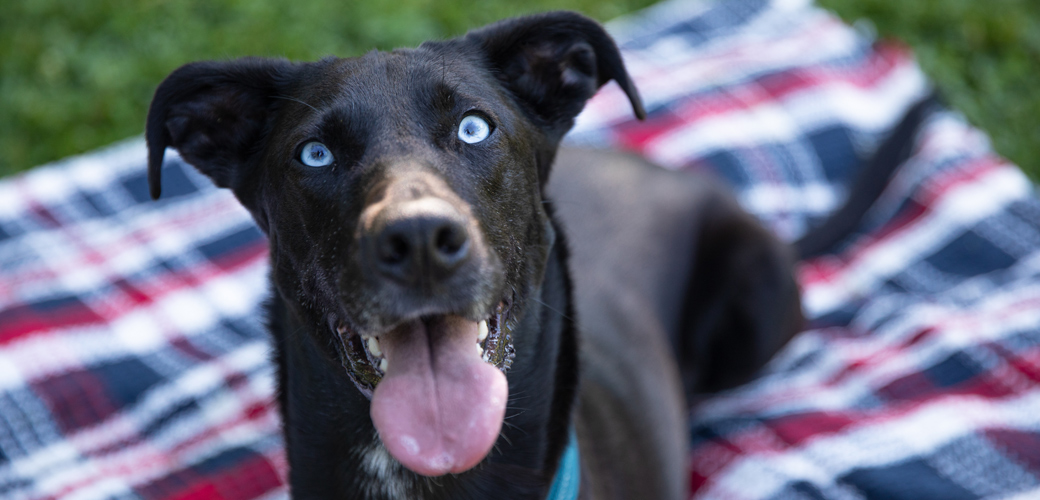How to Keep Your Furry Friends Safe and Have Fun During the Dog Days of Summer!


With warmer weather, many of us will spend more time outdoors with our pets. Camping trips, pool parties, beach days and barbecues are just a few of the ways people might like to enjoy the heat—and often times we want our furry friends to join us. To give you and your best pals the best summer ever, the ASPCA Animal Poison Control Center (APCC) has created a list of four Summer Safety Tips so that you can safely enjoy your summer activities.

1. Pool Parties and Other Water Activities:
If you plan on spending any time near a pool, lake or beach with your pet, make sure you give your pet fresh water, and avoid letting them drink from the pool, or ingest ocean or lake water. Never leave your pet unattended by a large body of water or pool.
Also, our friends at Mike’s Hard Lemonade® want to remind you that if you’re enjoying a few alcoholic beverages by the pool, be sure to keep your drinks up and away from any curious noses and clean up any spills before your pet decides to lap them up.
2. Celebratory Food, Drink and Other Festive Hazards:
When it comes to holidays and other summer events like barbecues, food can be one of the biggest issues for pets. To keep them from having a new meal that is too high in fat for them, or ingesting a food item that may be toxic, it’s best that your pet sticks closely to their normal diet and treats.
Another common concern with celebrations is fireworks. In addition to risk of burns should a pet get too close to a lit firework, ingesting packaging or material from a firework can obstruct the intestinal tract. It’s best to keep your pet away from the area when using fireworks and to pick up the spent fireworks before letting your pet back into that area. Fireworks can also be scary for pets, so make sure their ID tags and microchip information is up to date, in case they escape.
3. It’s a Hot One! Remember to Keep Cool:
Pets can get dehydrated quickly, so give them plenty of fresh, clean water when it’s hot or humid outdoors. Make sure your pets have a shady place to get out of the sun, be careful not to over-exercise them and keep them indoors when it’s extremely hot. It’s also important to know the symptoms of overheating, which include excessive panting or difficulty breathing, increased heart and respiratory rate, drooling, mild weakness, stupor or even collapse.
NEVER leave your animals alone in a parked vehicle and don’t shave your pet to keep them cool.
4. Gardens, Plants and Outdoor Toxins:
Being outdoors means there is a lot more exposure to different types of plants—both ornamental and garden plants. Keep an eye on your pet when they are outside because you never know when they may decide to snack on a plant. It is also very helpful if you are familiar with the types of plants in your yard that your pet has access to. Identifying possibly harmful plants ahead of time may prevent unwanted exposures.
Additionally, herbicides and insecticides are much more common in the warmer weather. When applying these products to your yard it is best to keep your pet away from the area being treated, follow directions on the packaging and prevent your pet from accessing the area until it is dry or has been appropriately watered. Fertilizer exposures are also more common in the summer, and while typically not serious, they can cause some stomach upset. Keep fertilizers out of reach and your pet out of the treated area until it is dry.
From everyone at the ASPCA and Mike’s Hard Lemonade, we hope you have a safe summer full of fun and magic with your favorite four-legged friends!
If you suspect that your pet ingested something potentially toxic, please call your veterinarian or the ASPCA Animal Poison Control Center at (888) 426-4435 immediately.
Source: Read Full Article
